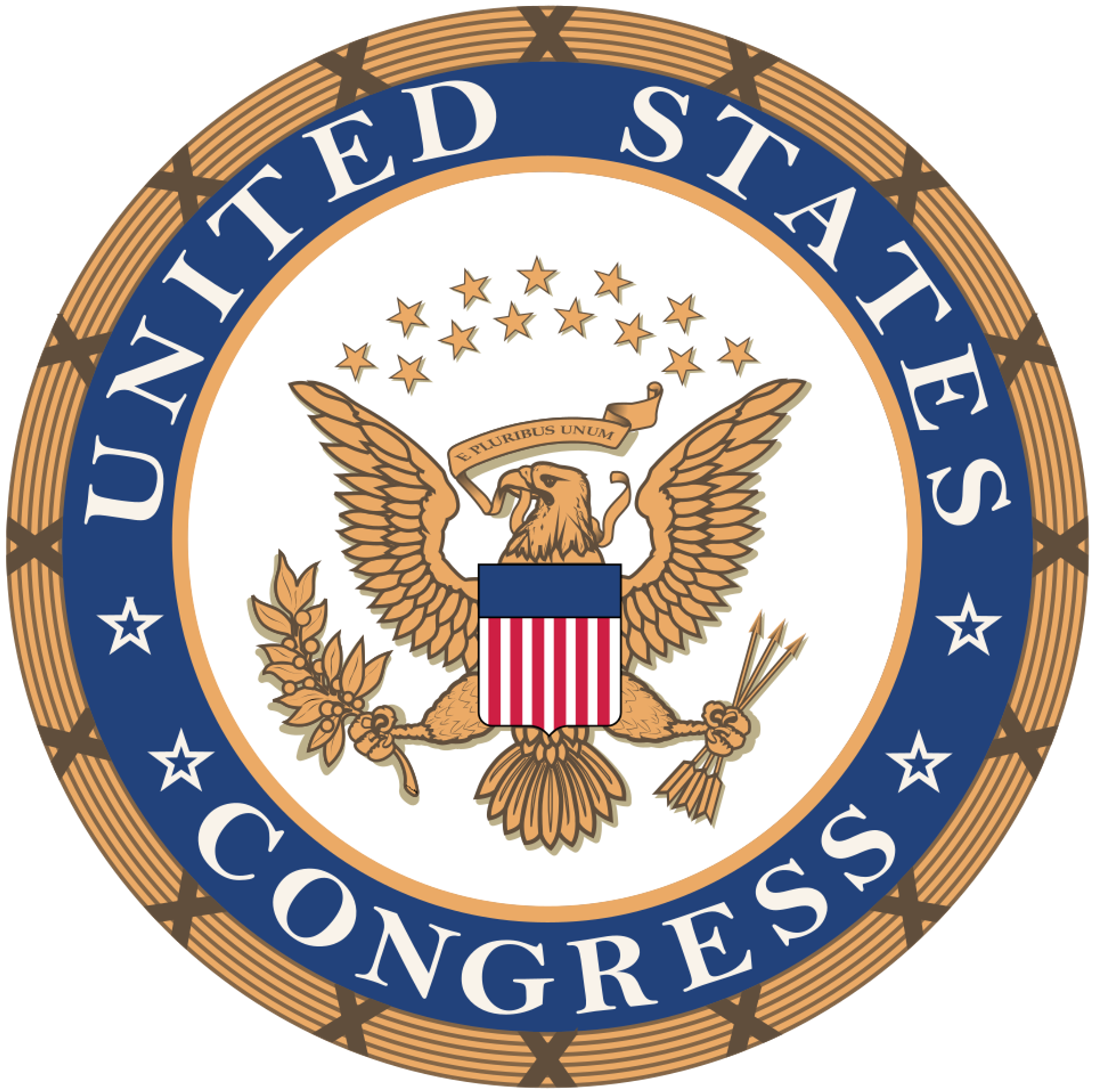
Central Intelligence Agency
What do people say about Central Intelligence Agency?
The perception of the Central Intelligence Agency (CIA) in this context is overwhelmingly negative, centered around allegations that former Director John Brennan made false statements to Congress regarding the CIA's involvement in the 2016 Intelligence Community Assessment. The controversy involves claims that Brennan approved the inclusion of dubious material from the Steele dossier despite internal objections, casting a shadow over the agency's credibility and impartiality. The referral of Brennan to the Justice Department for potential criminal prosecution by the House Judiciary Committee, chaired by Jim Jordan, exacerbates concerns about political interference and accountability within the CIA. This is compounded by references to previous legal troubles faced by other CIA directors, such as David Petraeus, reinforcing a narrative of misconduct at the highest levels. Overall, the CIA is portrayed as an institution plagued by internal conflicts, questionable decision-making, and political entanglements that undermine its integrity and public trust.
Where are the conversations happening?
The primary source of criticism comes from the political commentary on 'Saturday Morning Update with Rick Fowler,' a channel that leans towards a conservative viewpoint, evidenced by the involvement of figures like Jim Jordan and references to Attorney General Pam Bondi. The channel focuses heavily on the allegations against John Brennan and the political ramifications of the Steele dossier controversy, indicating a highly critical stance towards the CIA. Discussions around ICE and other law enforcement topics further situate the CIA within broader debates on government overreach and accountability. The most critical discussions occur in segments analyzing the House Judiciary Committee's actions and the legal perspectives offered by legal experts on the show, painting the CIA as an institution under intense political and judicial scrutiny.
What are the topics trending around Central Intelligence Agency?
Emerging trends include investigations into the CIA's role in domestic political controversies, specifically relating to the 2016 election interference assessment and the Steele dossier, as well as increasing political and legal scrutiny of former agency leaders. These discussions are intertwined with broader national security concerns, congressional oversight, and the politicization of intelligence. Additionally, there is a trend of referencing past CIA director legal issues, indicating heightened awareness and sensitivity to agency accountability and transparency.
Why are these topics trending?
These trends arise due to recent actions by the House Judiciary Committee to refer a former CIA director for criminal prosecution, ongoing FBI and Justice Department investigations, and the public airing of alleged falsehoods stemming from intelligence assessments. The political climate, particularly with conservative voices emphasizing accountability and alleged misconduct, drives these topics. Furthermore, the historical context of previous CIA director prosecutions fuels current narratives about systemic issues within the agency, making these topics highly relevant and impactful on the CIA's perception.
How is Central Intelligence Agency being talked about?
Detailed breakdown of public sentiment and conversations about this entity.
Impact vs Sentiment
See how each entity's high impact percentage relates to their positive sentiment percentage from actual mentions.




